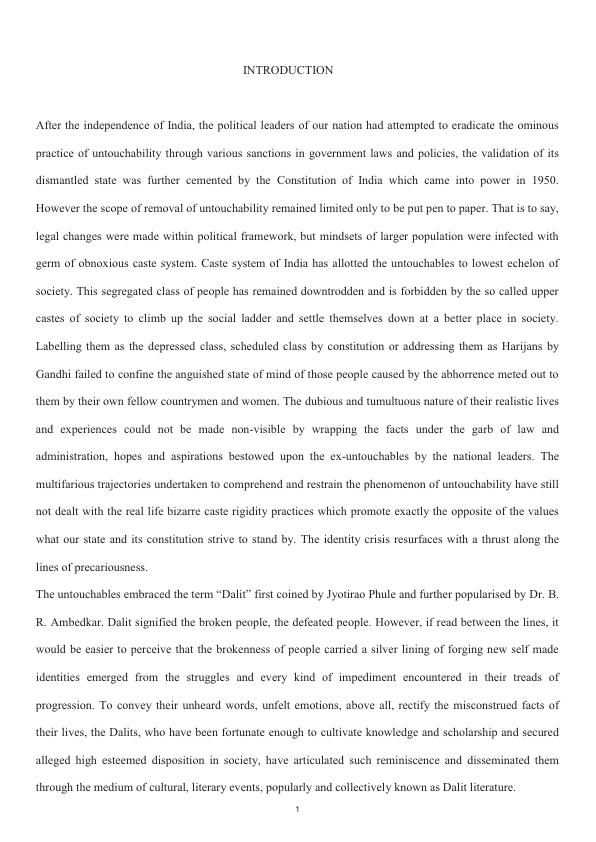

It is a story of survival, of terrible grief and oppression, of surmounting great odds to emerge as a freer human being. The English translation of Joothan a magnum opus of Hindi Dalit literature is an event in which we have witnessed both, the importance of translation as well as how translation of Dalit literature has many political dimensions that are yet to be unravelled. Omprakash Valmiki talks of growing up in a village in north India in an untouchable caste, Chuhra, well before the defiant term 'Dalit' was coined. In this book, the second autobiography in Hindi by a Dalit, readers are drawn into world where cruelty and deprivation seem to be the only reality, and they become aware of the complexities of caste oppression.

The writer says: What sort of a life was that After working hard day and night, the price of our sweat was just joothan.

They used to eat them and also saved pieces of it to feed themselves during hard times. Joothan, the title has not been changed as Valmiki feels that it expresses the anguish, misery and suffering of the entire Chuhra. In some ways, it is a symbol of the demeaning existence imposed on the Dalits, for whom autobiography is the preferred genre since it enables them to write of themselves and their communities, of their lived reality. The joothan or the left over remnants of food from weddings and other feasts were relished by the chuhras. In some ways, it is a symbol of the demeaning existence imposed on the Dalits, for whom autobiography is the preferred genre since it enables them to write of themselves.’ 'Joothan' refers to the scraps left on plates that are then given to Dalits to eat. Joothan Bhag-1 (Hindi) by Omprakash Valmiki (9788171198542) Author: Omprakash Valmiki Publisher: Omprakash Valmiki ISBN-13: 9. 'Joothan' refers to the scraps left on plates that are then given to Dalits to eat.


 0 kommentar(er)
0 kommentar(er)
